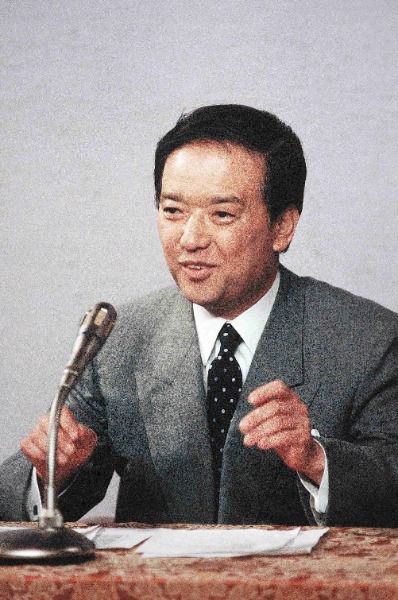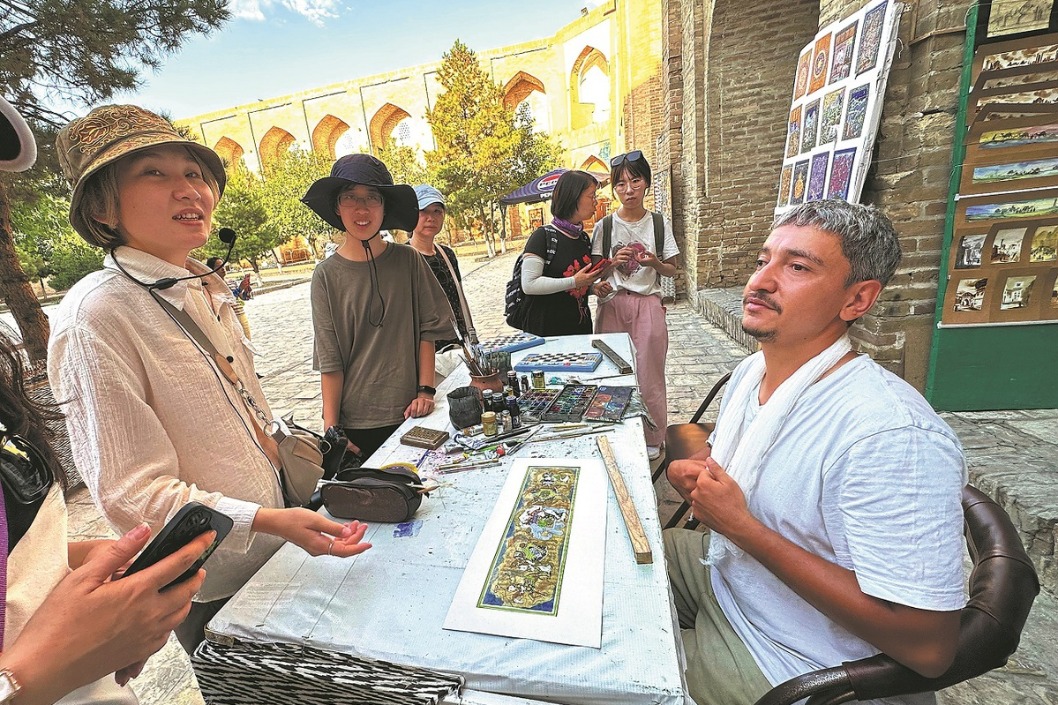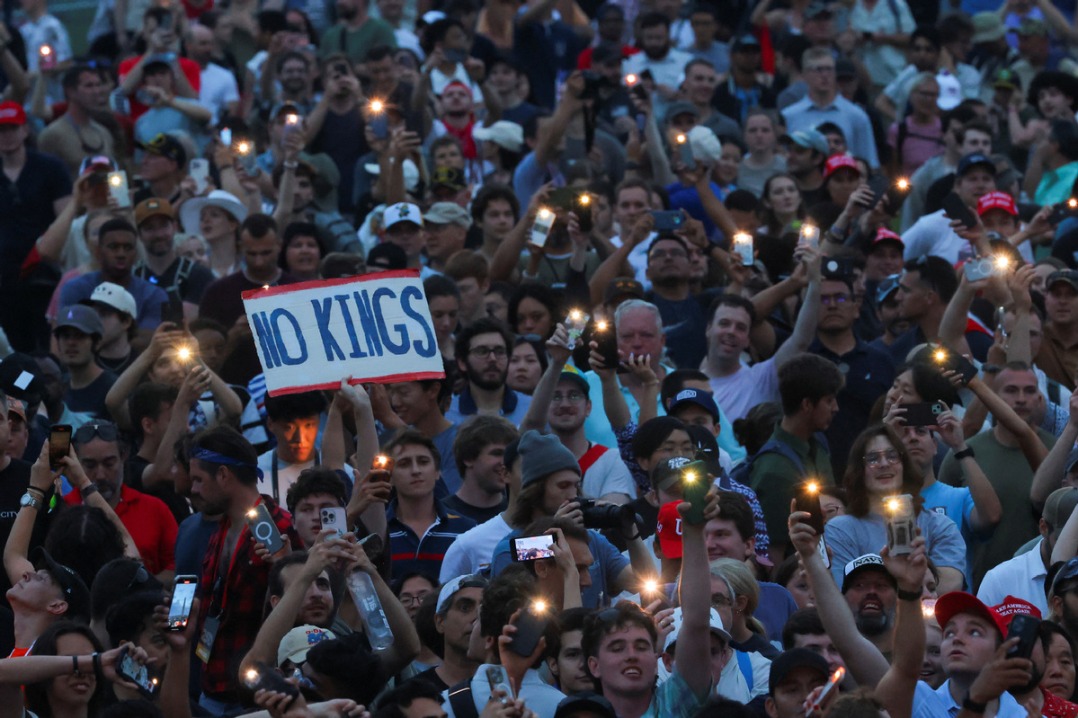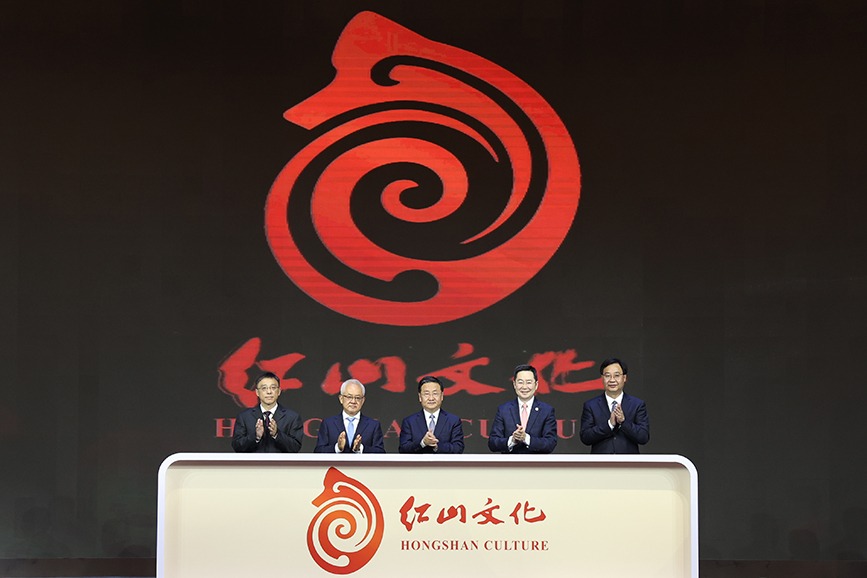Ex-Japanese prime minister Kaifu dies at 91
By WANG XU in Tokyo | CHINA DAILY | Updated: 2022-01-15 07:29

Former Japanese prime minister Toshiki Kaifu, the politician who visited China's Nanjing Massacre Memorial Hall and observed a moment of silence for the dead, has passed away at the age of 91, the Japanese government said on Friday.
Kaifu died on Sunday from natural causes, according to a statement by Japan's House of Representatives.
In offering condolences, the Chinese government on Friday praised Kaifu's efforts in promoting bilateral ties and his dedication to Sino-Japanese friendship.
"Mr Toshiki Kaifu made positive contributions to improving relations between China and Japan during his term as prime minister and had continued to support friendly cooperation between the two countries after he stepped down," said Foreign Ministry spokesman Wang Wenbin, adding that, "We express deep condolences over his passing and extend sincere sympathy to his family."
Kaifu was in the international spotlight in August 2000 when he visited China's Nanjing Massacre Memorial Hall, where he laid a wreath and observed a moment of silence for the dead, making him one of the few Japanese leaders to face up to the dark history of Japan's past atrocity.
The memorial hall was built to commemorate the 1937 Nanjing Massacre when Japanese troops captured the city on Dec 13 that year and killed some 300,000 Chinese civilians and unarmed soldiers in just six weeks, in one of the most barbaric episodes of World War II.
On the domestic front, Kaifu took over leadership of Japan in 1989 at a time when its ruling Liberal Democratic Party suffered a crushing defeat in the Upper House election due to a sex scandal involving his predecessor, Sosuke Uno, and a major insider trading and corruption scandal that touched many top political leaders, including Noboru Takeshita, another former prime minister.
But Takeshita continued to wield huge influence as head of the largest LDP faction at that time and initially supported Kaifu becoming prime minister at the beginning.
Ironically, Takeshita later turned against him as Kaifu tried to push through political reforms including introducing a single-seat electoral system for elections to the Lower House.
As a result, Kaifu was forced to step down as prime minister in 1991. But due to his relative youth and lack of scandal, Kaifu's Cabinet support ratings had remained high throughout his tenure.
After the Gulf War, the Japanese Self-Defense Force was deployed to the Gulf region to conduct mine-sweeping operations during Kaifu's term of office.
























